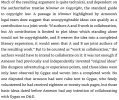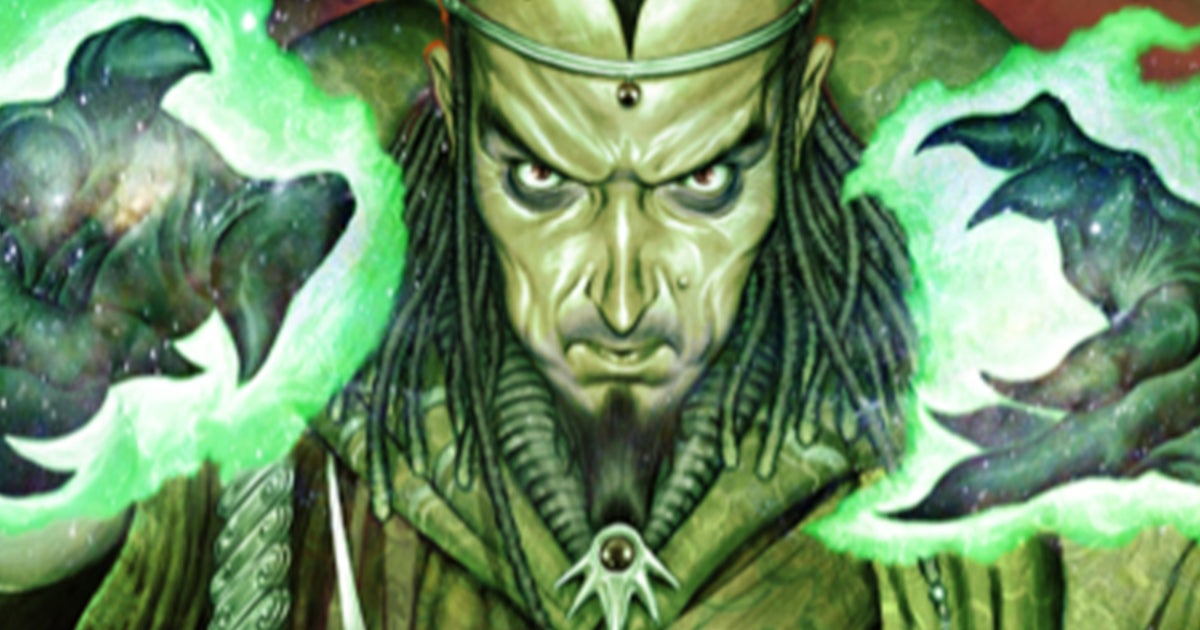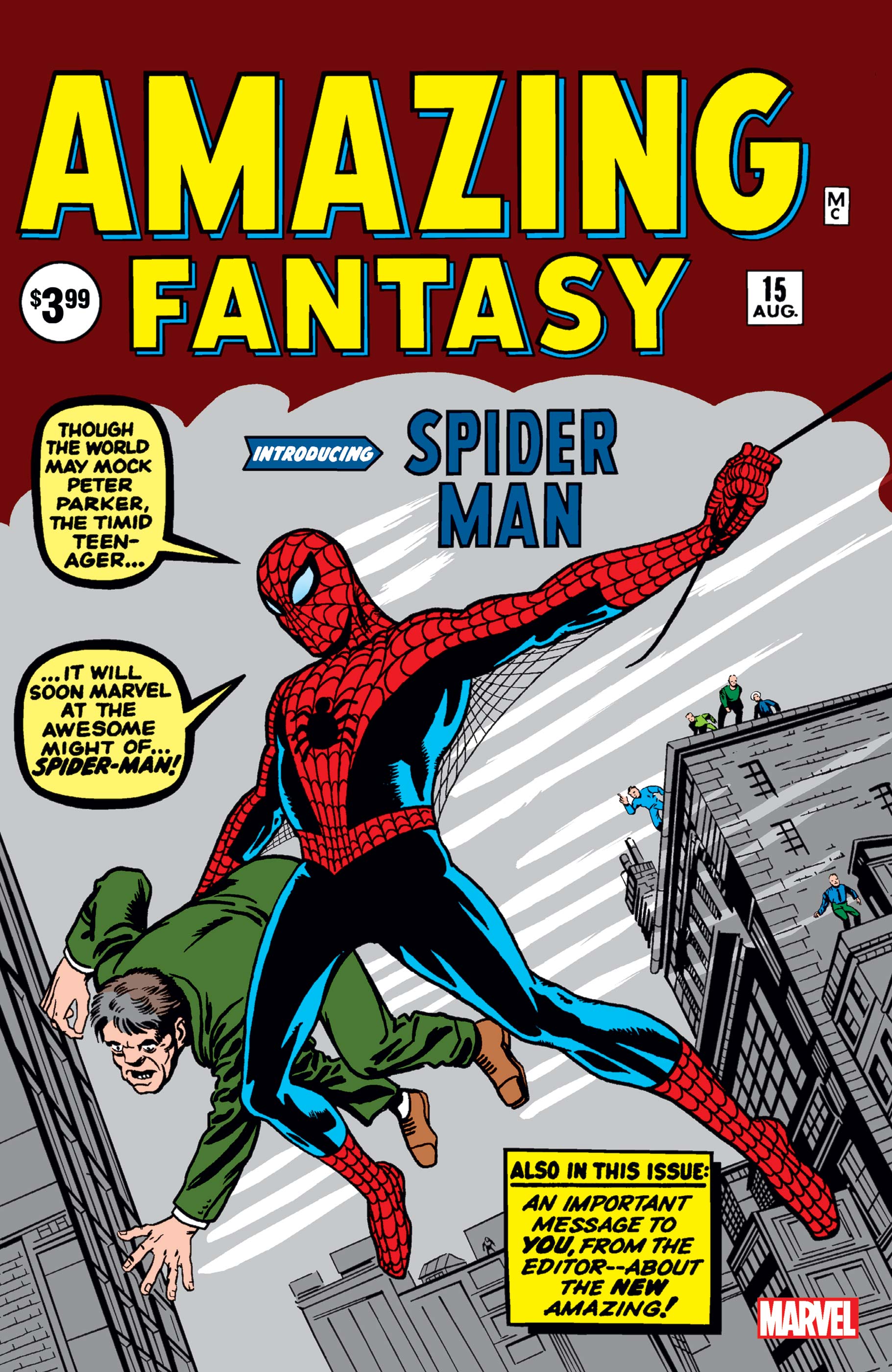An interesting point that Peterson does cover in detail in the book is that because ideas aren't copyrightable, only the expression of those ideas, if Gary hadn't credited Dave as co-author on D&D and had instead published it under his sole byline, he would have been totally in the clear legally (if not ethically). While many of the core ideas incorporated into D&D originated with Dave, Gary wrote the actual text of the published books and in doing so transformed Dave's initial work (as evidenced by Dave's numerous documented complaints about how Gary screwed up his ideas, that he wasn't consulted on the final text, that all of his suggested revisions were rejected or re-written, that the Twin Cities group barely recognized their game in the published rules, etc). Arneson's line of argument (at least in the court of public opinion) was that the ideas are what matter and the expression of them doesn't - that he was effectively 100% responsible for D&D and Gygax was a glorified typist who stole credit - but actual copyright law says exactly the opposite.
The courts found that Arneson was entiteld to a royalty share of AD&D because it was derivative of D&D, for which he was credited and registered as 50% author, but if he hadn't been, if Gygax had done in 1974 what he tried to do in 1978, he would have been in the clear legally. As it was, even before the settlement gave him a share of AD&D, royalties from D&D alone (the original and Basic sets) had already made Dave the second-highest-paid person in the adventure gaming industry, all for the sake of ideas that, legally, if TSR hadn't given him a 50% credit, wouldn't have entitled him to any credit or royalty at all. Arneson characterized himself as a martyr who was exploited and ripped off by unscrupulous businessmen, but he was able to take that position while also cashing large quarterly royalty checks ($35K for 1979, equivalent to $132K in 2021 dollars) even before his lawsuits and settlements.
The courts found that Arneson was entiteld to a royalty share of AD&D because it was derivative of D&D, for which he was credited and registered as 50% author, but if he hadn't been, if Gygax had done in 1974 what he tried to do in 1978, he would have been in the clear legally. As it was, even before the settlement gave him a share of AD&D, royalties from D&D alone (the original and Basic sets) had already made Dave the second-highest-paid person in the adventure gaming industry, all for the sake of ideas that, legally, if TSR hadn't given him a 50% credit, wouldn't have entitled him to any credit or royalty at all. Arneson characterized himself as a martyr who was exploited and ripped off by unscrupulous businessmen, but he was able to take that position while also cashing large quarterly royalty checks ($35K for 1979, equivalent to $132K in 2021 dollars) even before his lawsuits and settlements.





 especially the conclusion about intent.
especially the conclusion about intent. 




